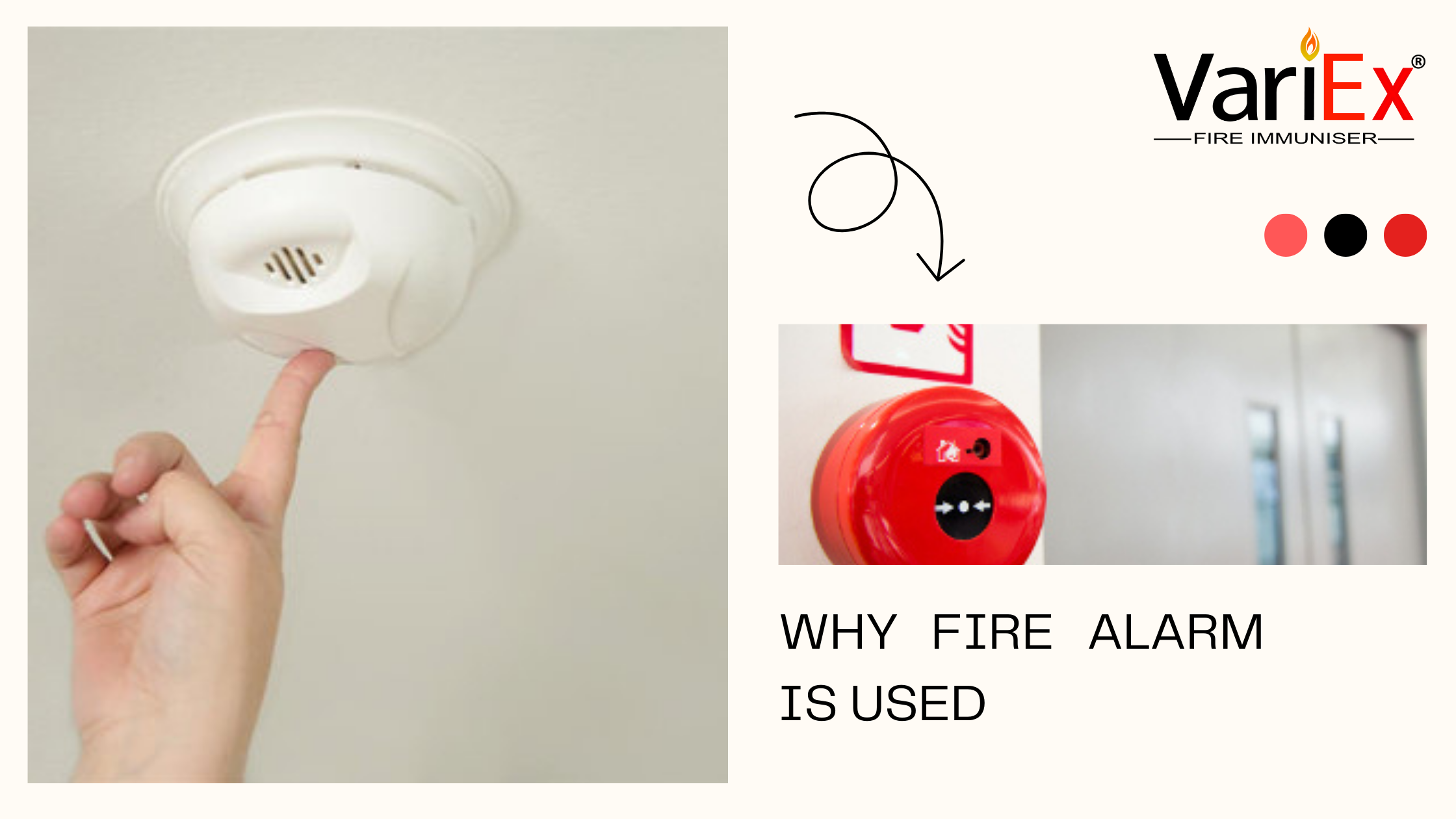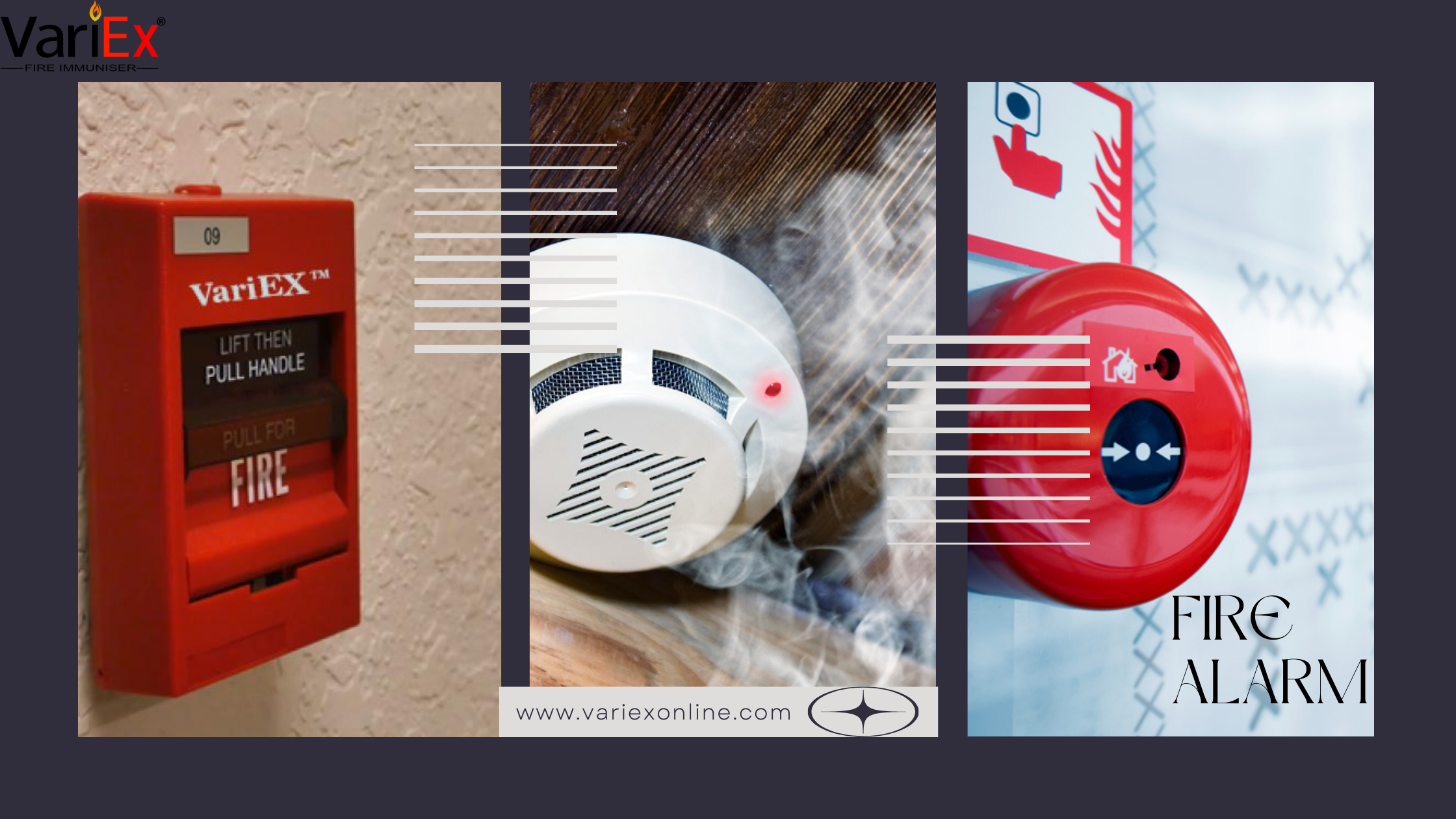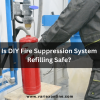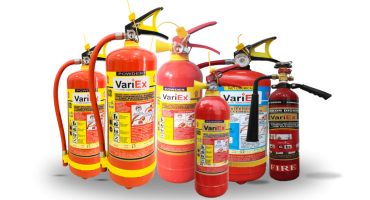![]()
Fire Immuniser
+91-7829629111
Email: info@variex.in
Varistor Technologies Pvt. Ltd.
Block-1, First Floor, Ardente Office One, Hoodi Circle, ITPL Main Road, Bengaluru, Karnataka 560048, IN
Why Fire Alarm Is Used
Why Fire Alarm Is Used
Fire alarms are crucial safety devices designed to detect and alert occupants to the presence of smoke, heat, or fire within a building. Their primary function is to provide early warning of a fire, enabling people to take prompt action to evacuate and minimize damage. This article explores the essential reasons why fire alarms are used, detailing their roles in fire safety, prevention, and emergency response.
Key Functions of Fire Alarms
Early Detection of Fires:
- Smoke Detection: Fire alarms equipped with smoke detectors identify smoke particles in the air. This early detection is crucial, as smoke is often present before flames are visible, providing valuable extra time for evacuation.
- Heat Detection: Heat detectors respond to rapid increases in temperature. They are particularly useful in environments where smoke detection might be less effective, such as in dusty or steamy conditions.
Alerting Occupants:
- Audible Alarms: Fire alarms use loud sirens or bells to alert building occupants to the presence of a fire. This audible signal is designed to penetrate through background noise and sleeping individuals, ensuring everyone is notified.
- Visual Signals: For individuals with hearing impairments or in noisy environments, fire alarms often include visual signals such as flashing lights. These visual cues work alongside audible alarms to ensure comprehensive notification.
Initiating Emergency Response:
- Automated Alerts to Fire Services: Many modern fire alarm systems are connected to emergency services or monitoring centers. When an alarm is triggered, it can automatically notify fire departments, allowing for a quicker response and potentially minimizing damage.
- Activation of Fire Suppression Systems: Some fire alarm systems are integrated with fire suppression systems, such as sprinklers. When an alarm is triggered, these systems can be activated to control or extinguish the fire.
Importance of Fire Alarms
Protecting Lives:
- Early Warning Saves Lives: The primary purpose of fire alarms is to save lives. Early detection and timely alerts allow occupants to evacuate safely before conditions become too hazardous.
- Reduction of Injuries and Fatalities: By providing an early warning, fire alarms significantly reduce the risk of injuries and fatalities caused by fires. They help ensure that people have enough time to escape and seek safety.
Minimizing Property Damage:
- Early Suppression: Early detection of a fire allows for the activation of fire suppression systems, such as sprinklers, which can help contain or extinguish the fire before it spreads.
- Limiting Spread of Fire: By alerting occupants and emergency services early, fire alarms help prevent the fire from spreading to other areas, thereby minimizing property damage and potential loss.
Ensuring Compliance with Safety Regulations:
- Building Codes and Standards: Fire alarms are often required by building codes and safety regulations. Compliance with these regulations ensures that buildings meet safety standards and are equipped to protect occupants in the event of a fire.
- Insurance Requirements: Many insurance policies require the installation of fire alarms as a condition for coverage. Having a functioning fire alarm system helps meet these requirements and can affect insurance premiums and claims.
Supporting Emergency Preparedness:
- Fire Drills and Training: Fire alarms play a key role in fire drills and emergency preparedness training. They help occupants practice evacuation procedures and become familiar with responding to alarms, improving their readiness in case of a real emergency.
- System Testing: Regular testing of fire alarms ensures that the system is functioning correctly and that all components, such as detectors and alarms, are operational.
Types of Fire Alarms
Smoke Detectors:
- Ionization Smoke Detectors: These detectors use radioactive material to ionize the air and detect smoke particles. They are highly sensitive to fast-flaming fires but can be prone to false alarms from cooking or steam.
- Photoelectric Smoke Detectors: These detectors use a light sensor to detect smoke particles. They are more responsive to smoldering fires and are less likely to produce false alarms.
Heat Detectors:
- Fixed-Temperature Heat Detectors: These detectors trigger an alarm when the temperature reaches a specific threshold. They are useful in environments where smoke detection might not be reliable.
- Rate-of-Rise Heat Detectors: These detectors respond to rapid increases in temperature, indicating a potential fire. They are useful for detecting fires in their early stages.
Combination Detectors:
- Multi-Criteria Detectors: These detectors combine smoke, heat, and sometimes carbon monoxide detection into a single device. They offer enhanced reliability and reduced false alarms by evaluating multiple indicators of fire.
Manual Call Points:
- Pull Stations: These are manually operated devices that allow occupants to trigger the fire alarm system by pulling a lever or pressing a button. They are typically located in accessible areas throughout a building.
Maintenance and Testing
Regular Inspection and Testing:
- Functionality Checks: Regular inspections and testing of fire alarm systems are essential to ensure that all components are working correctly. This includes checking smoke and heat detectors, alarms, and wiring.
- Battery Replacement: For battery-powered alarms, it is important to replace batteries regularly to ensure continued operation.
Professional Maintenance:
- Service by Experts: Professional maintenance and servicing by certified technicians can help identify and address issues with the fire alarm system. This includes calibration, repairs, and updates to ensure optimal performance.
Compliance with Standards:
- Adhering to Regulations: Regular maintenance helps ensure that the fire alarm system remains compliant with safety regulations and building codes. This is crucial for ongoing safety and legal compliance.
Conclusion
Fire alarms are a fundamental component of fire safety systems, designed to protect lives, minimize property damage, and ensure compliance with safety regulations. By providing early detection and alerting occupants to the presence of smoke or fire, fire alarms play a critical role in emergency response and preparedness. Proper installation, maintenance, and testing of fire alarm systems are essential to ensure their effectiveness and reliability in safeguarding against the dangers of fire.
Frequently Asked Questions
The primary purpose of a fire alarm is to detect the presence of smoke, heat, or fire and alert building occupants to evacuate quickly. This early warning helps to protect lives and reduce property damage.
Fire alarms detect a fire through various sensors such as smoke detectors, heat detectors, or a combination of both. Smoke detectors sense particles in the air, while heat detectors respond to temperature changes.
Common types of fire alarms include smoke detectors (ionization and photoelectric), heat detectors (fixed-temperature and rate-of-rise), combination detectors (which integrate multiple sensing technologies), and manual call points (pull stations).
Fire alarms are crucial because they provide early warning of a fire, allowing occupants to evacuate safely and take necessary precautions. This reduces the risk of injury, fatalities, and property damage.
By detecting fires early and alerting occupants and emergency services, fire alarms help control or extinguish fires before they spread, thereby minimizing property damage.
Final Say
At VariEx.in and VariexOnline.com, we specialize in supplying and installing top-quality fire fighting systems and equipment. From fire extinguishers to advanced suppression systems, we offer comprehensive solutions tailored to your needs. Our experienced team ensures precise installation and maintenance for optimal safety.
Trust VariEx for reliable fire protection. Contact us online or call 7829629111 to learn more.
We specialize in manufacturing, supplying, and distributing a comprehensive range of fire fighting equipment, including state-of-the-art fire extinguishers. Read our most searched blogs and find interesting information on topics such as how to use a fire extinguisher, how to calculate fire fighting water tank capacity, fire extinguisher refilling, obtaining a Fire NOC, understanding fire fighting systems, types of fire protection systems, the fire hydrant system, and the fire sprinkler system. These resources provide essential knowledge for ensuring safety and compliance with fire safety regulations. Additionally, you can explore guides on the maintenance of fire protection equipment, the latest advancements in fire safety technology, and best practices for fire risk assessment and management.
Our expertise extends to fire alarm systems, fire hydrant systems, and fire suppression systems, including fire sprinklers. Each product meets rigorous international standards for reliability and performance, ensuring effective fire safety products tailored to diverse applications and industries. Additionally, we are providing Fire Extinguisher Refilling and AMC services to ensure ongoing maintenance and operational readiness of fire safety equipment.











